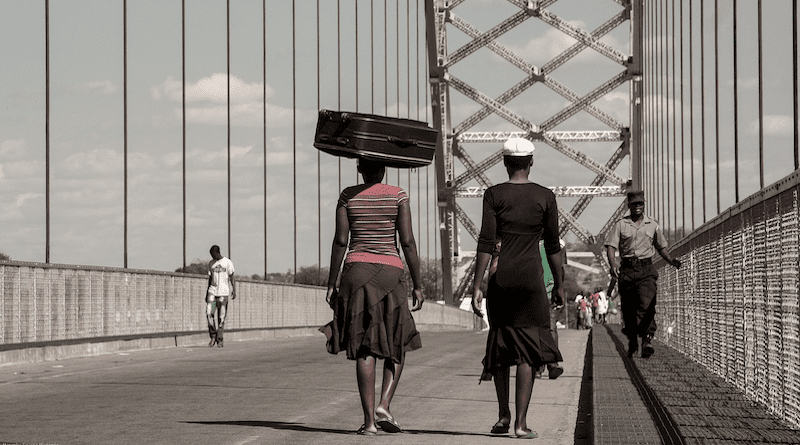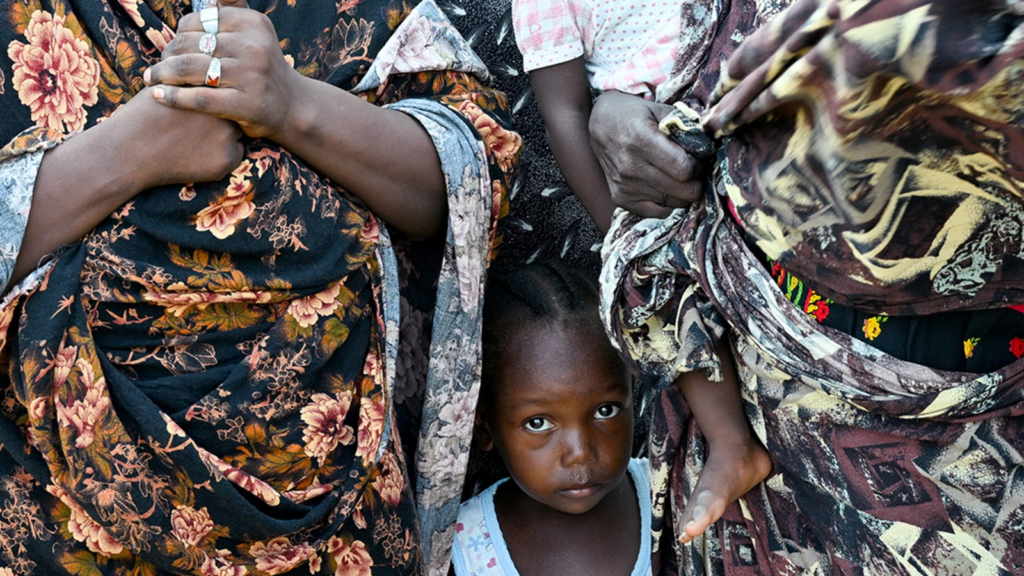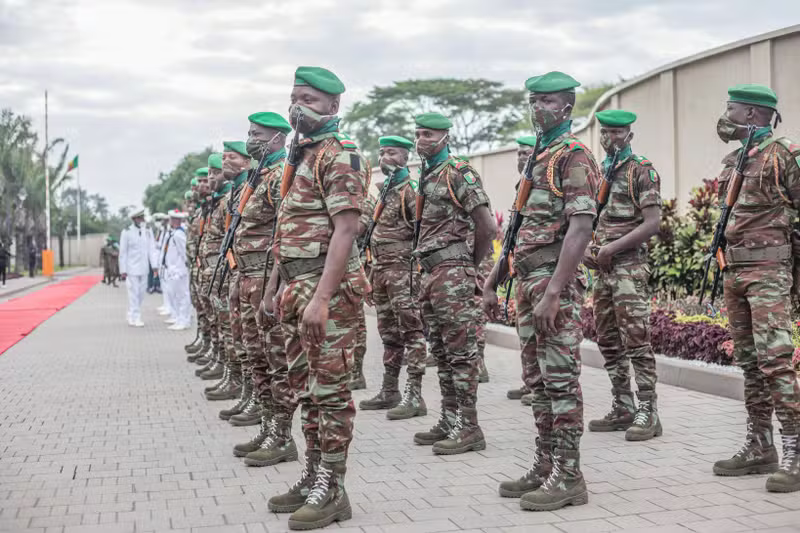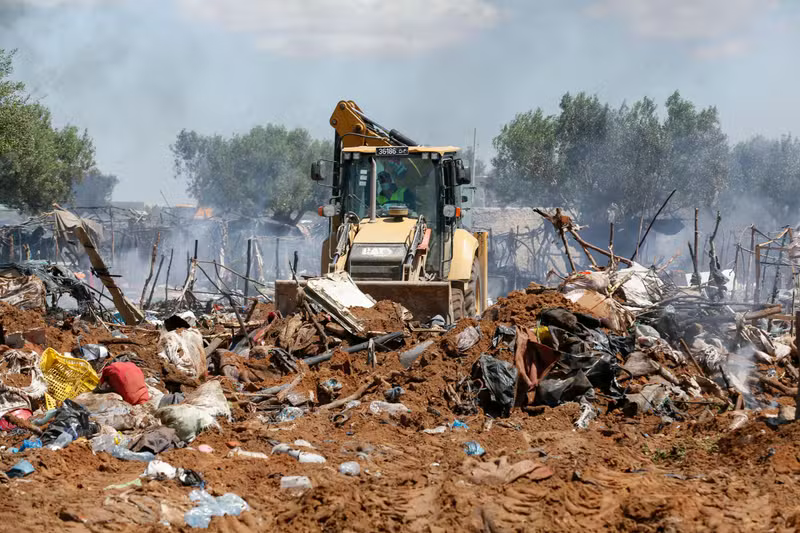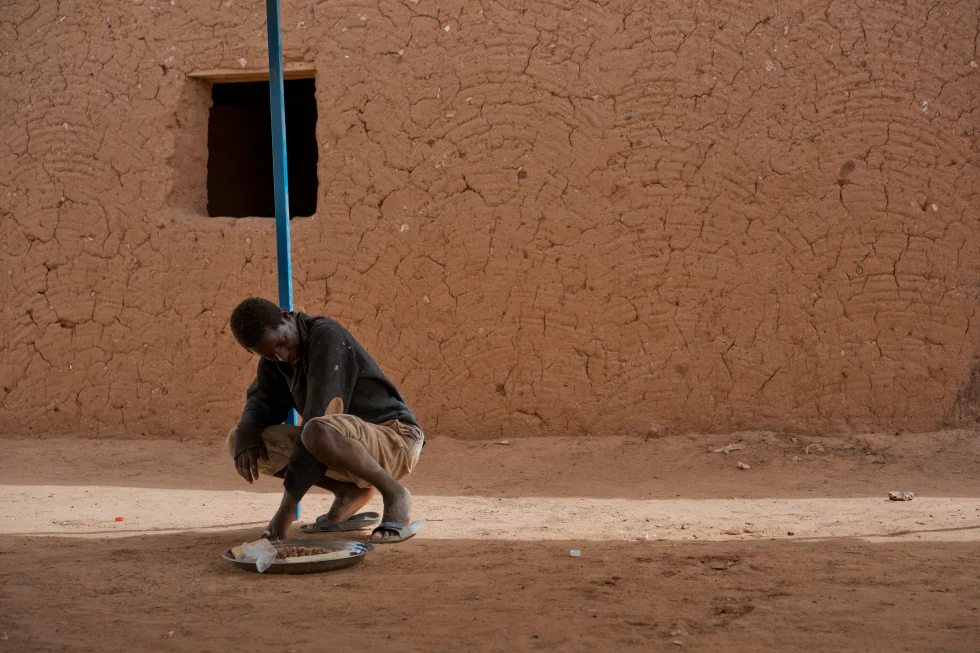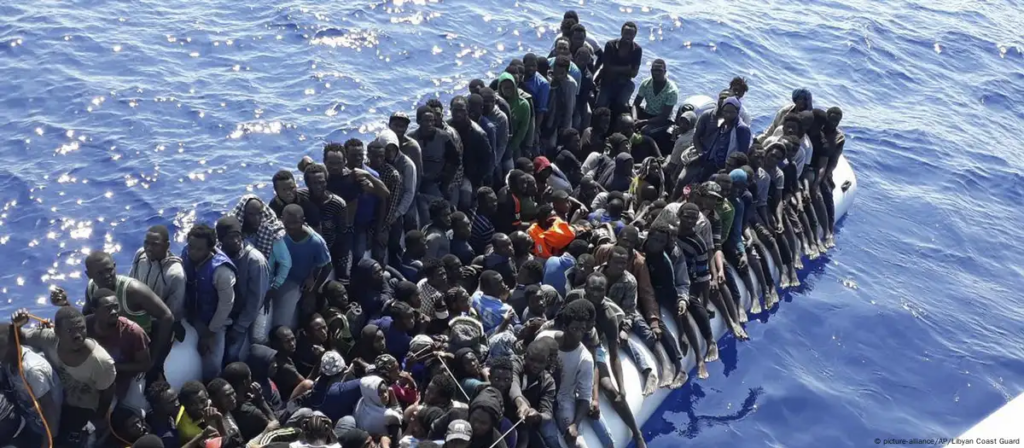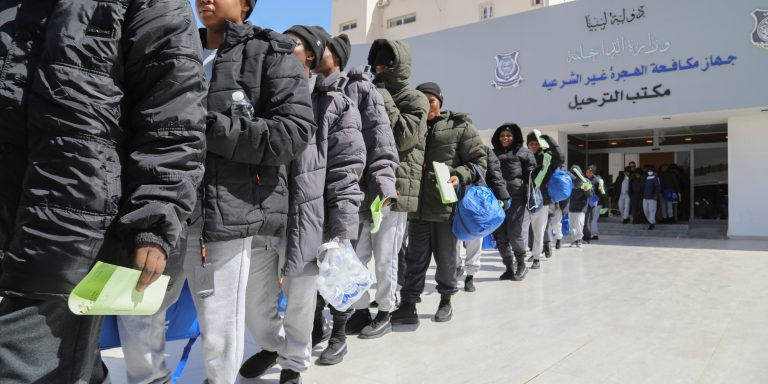Au Sahel, le regain des violences djihadistes inquiète : « On ne peut pas écarter un scénario à la somalienne »
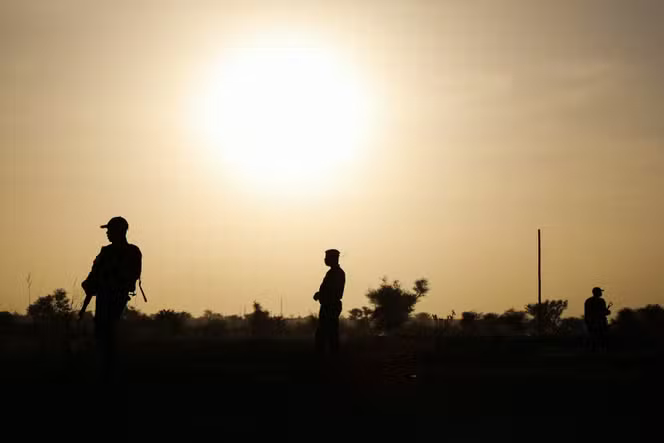
Les dernières semaines ont été particulièrement meurtrières, avec plusieurs centaines de soldats tués dans diverses attaques au Mali, au Burkina Faso et au Niger.
Raids sanglants au Mali, incursions dans de grandes villes au Burkina Faso, lourdes pertes militaires au Niger : les djihadistes ont intensifié leurs offensives contre les armées au Sahel. Les dernières semaines ont été particulièrement meurtrières, avec plusieurs centaines de soldats tués dans diverses attaques revendiquées, au Mali et au Burkina Faso par le Groupe de soutien de l’islam et des musulmans (GSIM), affilié à Al-Qaida, et au Niger par l’Etat islamique au Sahel (EIS). Les juntes des trois pays, qui avaient promis lors de leurs putschs de faire du retour de la sécurité une priorité, peinent à endiguer la progression des djihadistes, qui menacent plus que jamais le nord de certains pays côtiers du golfe de Guinée.

